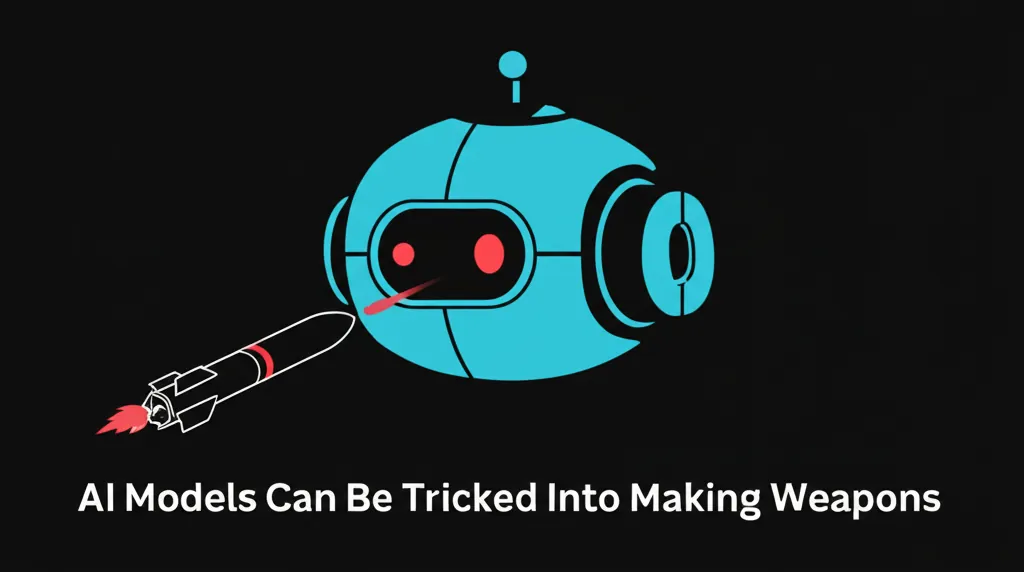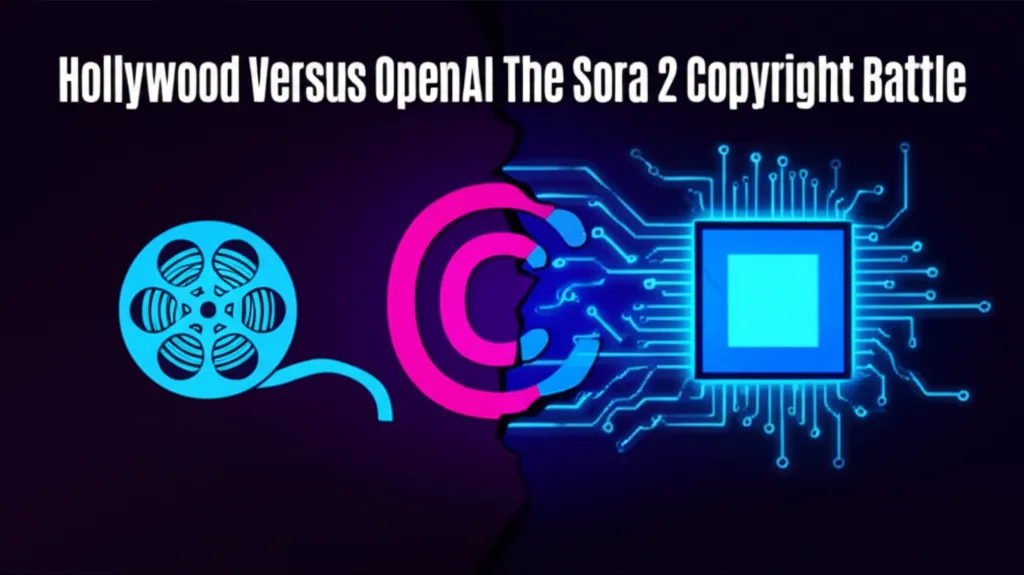Developer Offer
Try ImaginePro API with 50 Free Credits
Build and ship AI-powered visuals with Midjourney, Flux, and more — free credits refresh every month.
How AI Is Building A More Inclusive World
For millions of people worldwide living with disabilities, artificial intelligence is not a far-off concept from science fiction—it's a present-day game changer. At the recent Purple Fest in Goa, India, a vibrant showcase of innovation revealed how AI is reshaping assistive technology into a tool for everyday empowerment, turning access into true agency.
When designed with lived experience at its core, AI tools like conversational screen readers, adaptive dashboards, and real-time captioning don’t just remove barriers; they expand possibility. They transform access into the freedom to learn, lead and contribute fully.
Avoiding a Shinier Version of Bias
Surashree Rahane, founder and CEO of Yearbook Canvas, was born with several physical disabilities, including club foot and polymelia. Growing up, she never saw disability as a limitation but just another way of navigating the world. “My mentors always said, don’t just seek jobs, create them,” she shares. “That’s how I learned that leadership itself is inclusion.”
As she built her company, she saw how structural barriers, such as inaccessible infrastructure and biased funding networks, persist. To address these challenges, she is now working with the Newton School of Technology on inclusive academic design and AI-based learning tools that adapt to each student’s pace. “AI can democratise access to education,” she says, “but only if we teach it to understand diverse learners. Otherwise, we risk building a shinier version of the same old bias.”

The Great Equalizer
From voice-to-speech tools for people with speech impairments to gesture-based wheelchair controls, technology is now breaking barriers once seen as permanent. Prateek Madhav, CEO of AssisTech Foundation (ATF), describes AI as “the great equaliser.” He notes, “While the world worries about AI taking jobs, for people with disabilities, AI is creating them.”
Ketan Kothari, a consultant at Xavier’s Resource Centre for the Visually Challenged, demonstrates how AI tools have made him fully independent at work. “Today I can format a document, access meetings with live captions, and even generate visual descriptions through apps,” he explains. “AI has turned imagination into function.”
A Global Transition in Mindset
While Purple Fest predominately features Indian entrepreneurs, the movement is global. As Tshering Dema from the UN Development Coordination Office reflects, “this is not a single-country story – it’s a global transition.”
This shift highlights that inclusion isn’t only about laws or infrastructure; it’s about mindset and shared design. The future of work must be built not just for people, but with them, ensuring technology empowers everyone.
Compare Plans & Pricing
Find the plan that matches your workload and unlock full access to ImaginePro.
| Plan | Price | Highlights |
|---|---|---|
| Standard | $8 / month |
|
| Premium | $20 / month |
|
Need custom terms? Talk to us to tailor credits, rate limits, or deployment options.
View All Pricing Details

